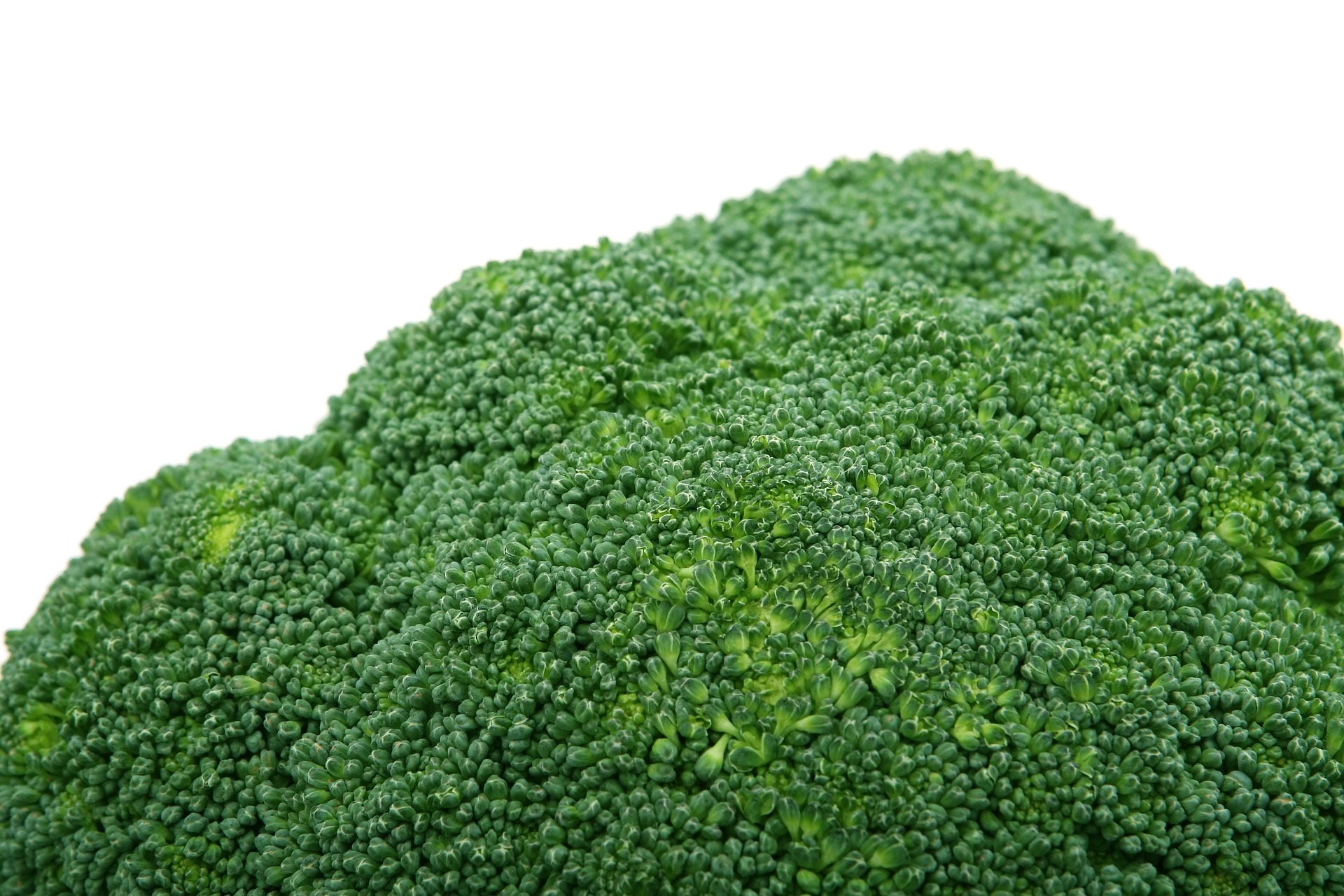
Cold-Pressed Oil or Refined Oil, What’s your choice?
Fats are an important part of our daily diet, and hence should be chosen wisely. Picking the right oil is essential for maintaining a healthy life. Preference should be given to oil that is extracted through a process that does not involve the use of chemicals. For this reason, many families have started replacing refined oils with cold-pressed oils.
Both these oils differ based on their nutritional content, taste, texture, and chemical properties. The primary difference arises because of the oil extraction process. This results in considerable differences in nutrition value, quality, and flavor. Understanding the difference between the two can help us make the right choice.
Refined Oil
-
- Refined oils are oils extracted using high heat. These oils undergo a Hydrogenation process.
- The oil is extracted at a high temperature and treated with chemicals and solvents. This results in the degradation of its natural flavor, aroma, and nutritional value.
- The oil is treated with harmful chemicals to increase shelf life and yield capacity.
- Refined Oils are highly heat resistant and have a comparatively high smoking point. This makes them ideal for frying.
- These oils are stable and odorless, hence easy to store.
- Some of the commonly available refined oils are Soyabean oil, Vegetable oil, Rice bran oil, Palm oil, Corn oil, Peanut oil, etc.
Cold-pressed Oil
-
- Cold-pressed oil also referred to as “Kachi Ghani Oil” is extracted by crushing the seeds/nuts slowly under pressure at room temperature. Although some heat is generated due to friction, the process does not involve exposure to external heat and hence is called cold-pressed oil.
- As no heat is generated during the extraction process, it helps to retain the natural flavors, aroma, properties, and nutrients in the oil. For this reason, cold-pressed oils are rich in fatty acids, antioxidants, Vitamin E, Vitamin K, Vitamin C, and other healthy fats.
- Cold-pressed oils are unfiltered and minimally processed and hence have a shorter shelf-life and produce lower yields.
- Most cold-pressed oils have anti-inflammatory and healing properties. Hence consumption of cold-pressed oil (in moderation, based on individual health conditions) is considered safe for people with chronic health disorders.
- Some of the commonly available cold-pressed oils are Coconut oil, Olive oil, Sunflower oil, Groundnut oil, Mustard oil, Walnut oil, Sesame oil, etc.
- Most cold-pressed oils available in the market are packed with PUFAs (Poly Unsaturated Fatty acids), and antioxidants which result in autoxidation. The lipid oxidation process (reaction between fatty acids and oxygen resulting in rancidity) degrades the oil quality by the accumulation of unhealthy sediments resulting in the shorter shelf life of these oils.
- Cold-pressed oil is ideal when food is cooked at low or medium heat due to its low smoking point. These oils contain a high amount of unsaturated fats that degrade at high temperatures and make them unfit for consumption.
- If you switch over to cold-pressed oil, ensure that you are not heating them at a high flame. You can drizzle it on salads, cooked meat, and bread as a combination for flavor and health benefit.
How to Choose the right Oil?
Choice of oil primarily depends on what you decide to cook. The SMOKE POINT of the oil (the point at which it starts burning/smoking) is an important consideration to be kept in mind before choosing the oil.
If the oil is heated past its smoke point, it degrades and starts releasing harmful compounds, killing its nutrition and flavor. Therefore, if you plan to fry, cold-pressed oils might not be your best choice. In such cases, it is best to go with refined oils. But if you want to drizzle oil on salads, dhokla, or cooked meat, cold-pressed oil would be perfect for it. Hence, the choice of oil depends upon-” What you plan to cook keeping in mind the smoke point of the oil.”
Few Tips for storing oils:
-
- Oil has an Expiry date beyond which one should not use it. While buying, check the expiry date and use the oil before it.
- If you are using and storing different types of oil at home in glass bottles, label them by mentioning the name and expiry date.
- Try and store oils in dark glass bottles or metal containers. If you plan to keep it in the fridge, use a cold-resistant container. Try and store it on shelves that are not exposed to direct light.
- Never mix different types of oils and store them. Each variety of oil differs in taste and smoke point.
- Using a variety of oils in breakfast, lunch, and dinner will help gain the maximum benefits from the fatty acids contained in various oils.
- For tips on usage, storage, and disposal of used oil, visit Quick-tips-for-reuse-and-disposal-of-cooking-oil
- Avoid Freezing cooking oil. Freezing and thawing of the oil change its structure. It leads to the rapid oxidation and makes it rancid.




Thanks for giving such a useful information. Much needed.
welcome. It’s really exciting to hear such valuable comments from my readers.
Thanks!!.This information is really useful!
Thank you!!